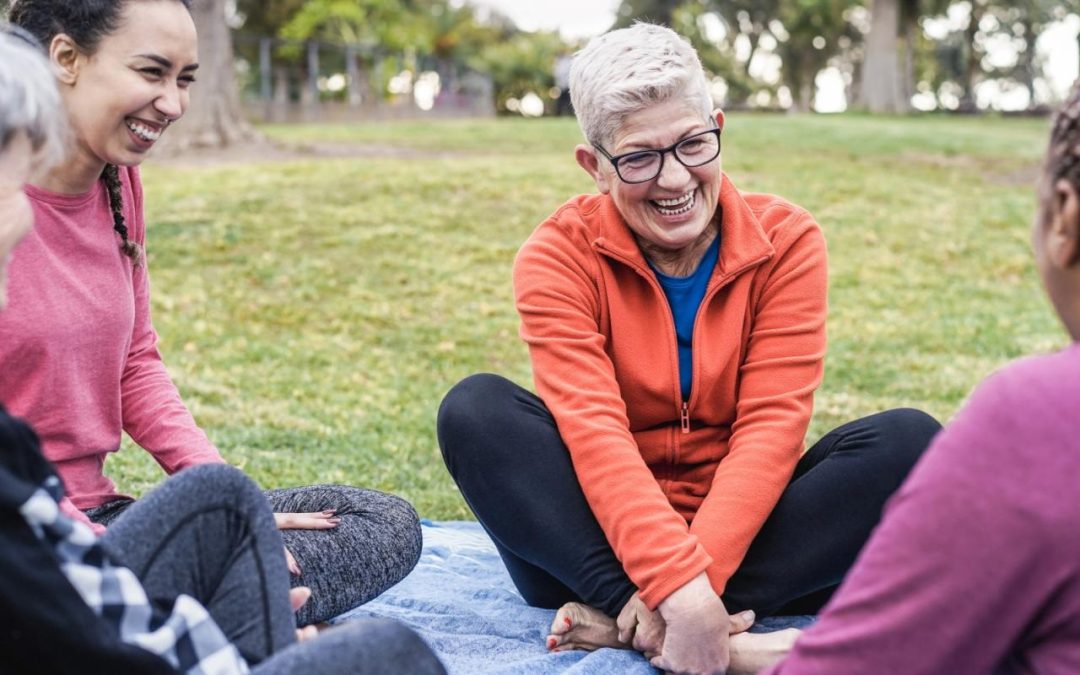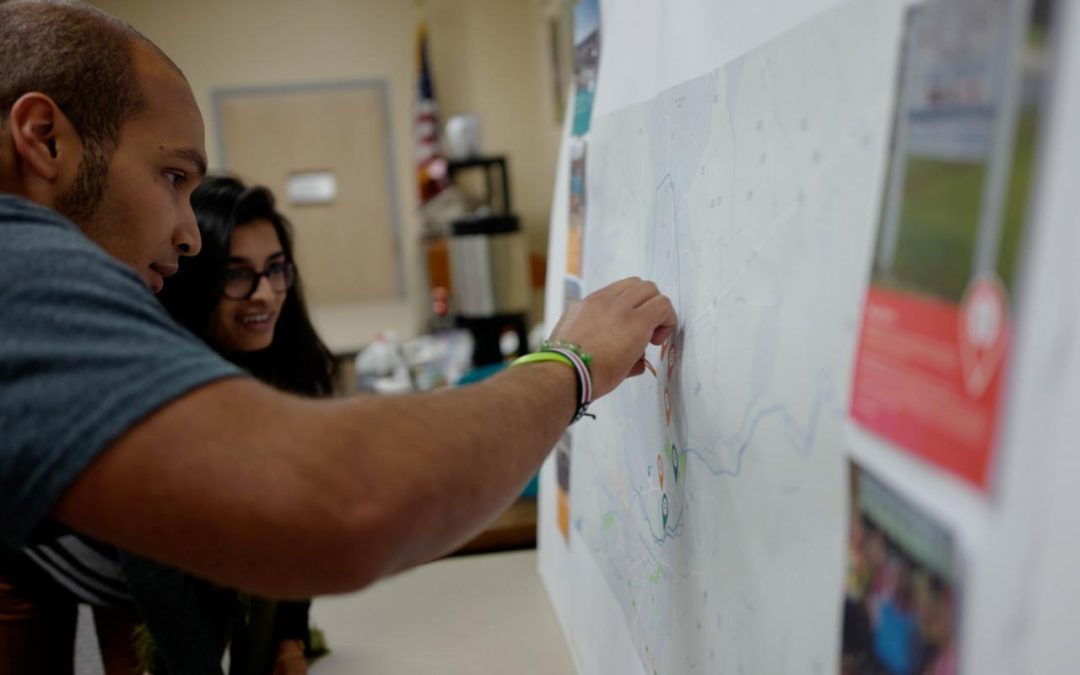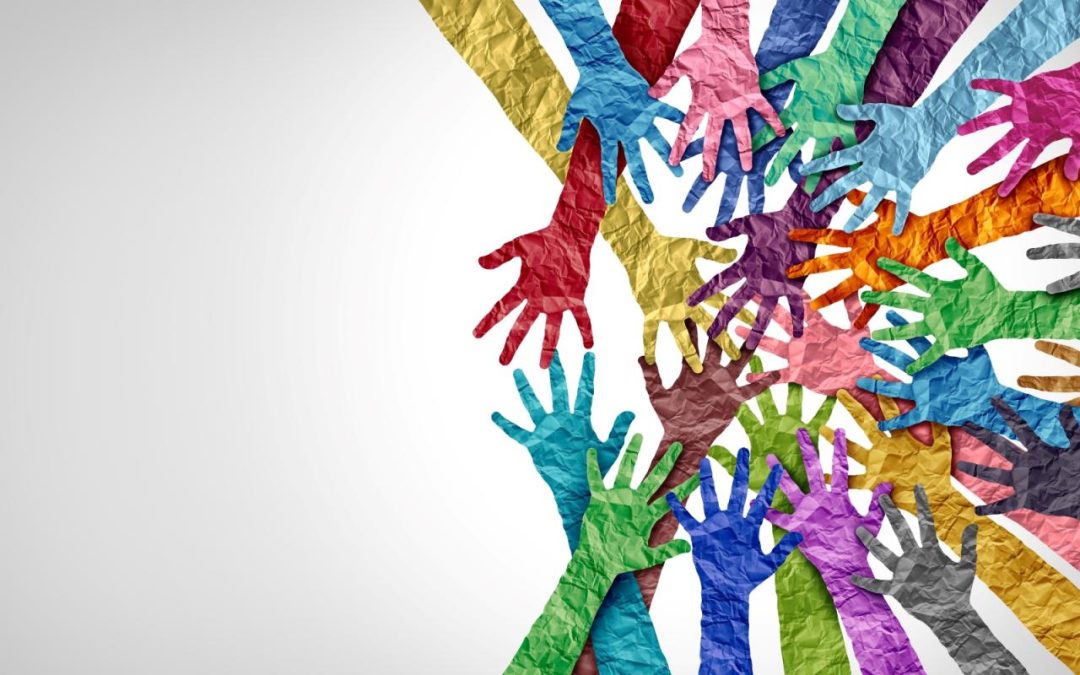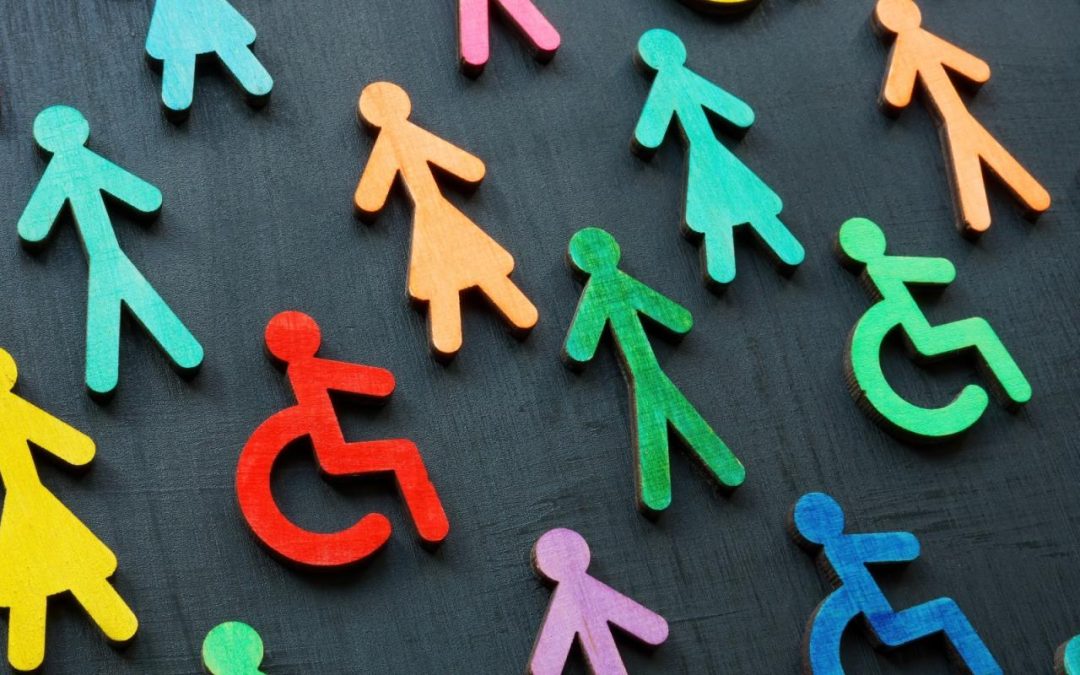By looking at policy through an intersectional lens, we will design solutions that are effective for more diverse people and communities with nuanced needs.

Generations Journal, vol. 47, Fall 2023 Supplement (Special Edition 2023)

By looking at policy through an intersectional lens, we will design solutions that are effective for more diverse people and communities with nuanced needs.

Going forward, robust anti-discrimination protections may be the best path for guaranteeing equitable treatment for all older adults.

The barriers of discrimination are not isolated, but work across communities, and neither should policy strategy isolate itself.

Increased attention to the experiences of older women living with HIV is key to know when, where, and with whom to intervene with support.

‘Getting proximate’ with the people who use the services and systems helps create interventions that work.

How ableism plays into other identities, and the power of mentorship.

The surest solutions involve government programs and government funding—which may prove difficult with today’s political polarization.

A roadmap for how to embark on DEI work should simplify its implementation.

It is at the intersections of the two advocacy areas that we’ll find ways to advocate successfully to end ageism and ableism.

The battle for dignity and realization of civil and human rights is difficult for people with disabilities and older adults, and even harder for those in both groups.
Generations Journal, vol. 47, Fall 2023 Supplement (Special Edition 2023)
Abstract: Ageism and ableism negatively impact the aging experience, especially for elders from historically marginalized groups (Black, Asian American and Pacific Islander, Hispanic and Latinx, Native American Indian, and LGBTQ+ elders and people with disabilities)....
Abstract: Many lawyers and advocates look to the law as the tool to effectuate change, especially for the betterment of historically marginalized groups. There are countless examples of the law serving as a tool to combat discrimination, from legal challenges to...
Abstract: SAGE, the country's largest and oldest organization dedicated to improving the lives of LGBTQ+ elders, offers a range of supportive services that play a key role in informing and supporting SAGE's growing policy advocacy strategy. Formed with a focus on...
Abstract: Older women living with HIV are an especially vulnerable population due to their experience of multiple stigmas resulting from intersectional identities. Using an intersectional convoy model to conceptualize social relations, we consider how HIV-related...
Abstract: Despite the abundance of older people—many with disabilities—living in them, rural communities in the United States are not prepared to care for elders' needs. Elders and people with disabilities in rural communities face structural barriers to vital...
This past fall, Rani Kronick, a scholar and disability rights activist, interviewed Patricia Fraser-Morales, a social services professional, about living with ableism and ageism. Morales was born with spina bifida, identifies as a lesbian and as a woman of color. She...
Abstract: As Black Americans age, the impact of structural long-term economic racism and health disparities converge to offer a dismal outlook for their final years. Black older adults are sicker and more vulnerable to chronic diseases and illnesses than are older...
Abstract: Organizations across industries have rushed to implement diversity, equity, and inclusion (DEI) programs in the wake of George Floyd's murder and ensuing racial justice uprisings. However, many DEI programs lack clarity of purpose and/or clear outcomes,...
Abstract: Ageism and ableism are structural phenomena that negatively shape the lived experiences of LGBTQ+ older adults and older people from all communities. Addressing the needs and aspirations of LGBTQ+ elders requires dismantling structural ageism and ableism....
Abstract: The world has experienced an unprecedented increase in average life expectancy and population aging—a revolution in longevity that brings both opportunities and challenges. And for many older adults, aging brings impairments that cannot be avoided. As such,...
The two guest editors of SAGE's 2023 Supplement to Generations Journal on Structural Ageism are deep thinkers who have turned their attention to the structures in our society that allow ageism to flourish. Michael Adams has since 2006 been the CEO of SAGE and served...
Abstract: Women disproportionately experience medical gaslighting, especially older women, women with disabilities, and women of color. This article explores the challenges older women, particularly those with disabilities, encounter in obtaining respectful...
Suggested citation for articles in this issue: [Last Name(s), First Name(s)]. “Article Title.” Generations Journal, vol. [#], no. [#] [season and year (ex. Fall 2024)]. [URL]
Generations Journal is the quarterly journal of the American Society on Aging. Each issue is devoted to bringing together the most useful and current knowledge about a specific topic in the field of aging, with emphasis on practice, research, and policy.